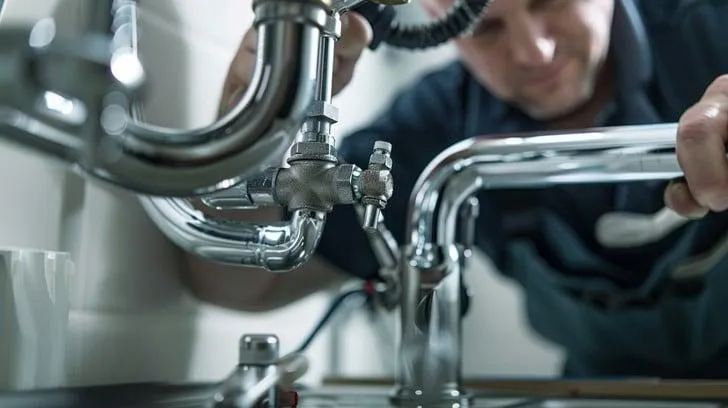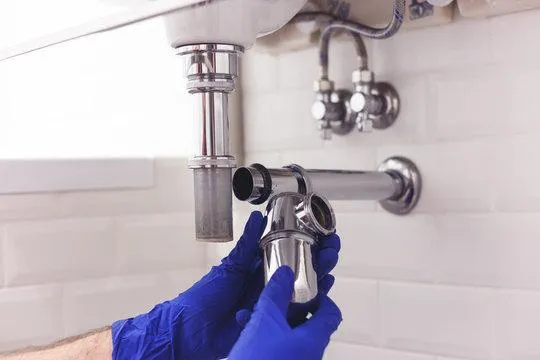
Common Plumbing Issues in Florida Homes: A Guide for Surrounding Areas
Home plumbing issues can disrupt daily life and cause costly damage if not addressed promptly. Residents in Aventura, Boca Raton, Fort Lauderdale, Pompano Beach, Hollywood, Oakland Park, Davie, Miramar, Weston, and Pembroke Pines often face common plumbing problems due to the region’s unique climate, older pipes, and seasonal storms. Here’s a guide to understanding these issues and how to handle them.
What Are the Most Common Plumbing Problems in Florida Homes?
Florida homeowners frequently experience leaky faucets and pipes, often caused by corrosion or loose connections. These leaks can waste water, increase utility bills, and damage cabinets or floors if left untreated. Clogged drains are also common, resulting from hair, grease, or other debris blocking sinks, tubs, and showers. Running toilets can further increase water bills and create unnecessary waste, often caused by faulty flappers or worn-out components.
Why Do Leaks Happen So Often in Florida Homes?
Leaks are common due to the combination of older plumbing systems and Florida’s humid, salty coastal environment, which accelerates corrosion. Loose fittings, worn seals, and pressure fluctuations in municipal water lines can also contribute to leaks, leading to water damage, mold growth, and structural issues.
How Can Homeowners Detect Clogged Drains Early?
Slow-draining sinks, tubs, or showers, gurgling noises, and unpleasant odors are early signs of clogged drains. Kitchens often accumulate grease and food debris, while bathrooms see hair and soap buildup. Regular maintenance and professional cleaning can prevent these blockages from worsening.
What Causes Water Heater Problems in Florida Homes?
Water heaters in Florida homes can fail due to sediment buildup from hard water, faulty thermostats, or worn-out heating elements. Without regular maintenance, water heaters may stop providing hot water, leak, or fail completely, impacting showers, laundry, and kitchen use.
How Do Low Water Pressure Issues Occur?
Low water pressure can be caused by pipe corrosion, mineral buildup, leaks, or problems with the municipal water supply. This issue affects showers, faucets, and appliances, reducing efficiency and comfort in daily activities.
Why Are Sewer Line Backups a Serious Concern?
Sewer line backups can contaminate homes with harmful bacteria, damage foundations, and create unpleasant odors. They often occur due to tree root intrusion, pipe deterioration, or blockages in main sewer lines. Prompt inspection and repair prevent extensive damage and health risks.
How Does Florida’s Climate Affect Home Plumbing?
High humidity, frequent storms, and fluctuating temperatures can accelerate pipe corrosion, cause leaks, and contribute to mold growth. Homes in coastal and surrounding areas are particularly susceptible to these climate-related plumbing issues.
When Should Homeowners Call a Professional Plumber?
Homeowners should contact a licensed plumber if they notice persistent leaks, slow or backed-up drains, unusually high water bills, low water pressure, or strange noises from pipes and water heaters. Early professional intervention prevents small problems from becoming costly emergencies.
What Preventative Measures Can Florida Homeowners Take?
Routine inspections, drain cleaning, water heater maintenance, and monitoring for leaks are essential. Avoid flushing inappropriate items, test water pressure regularly, and replace aging components like seals and gaskets. These steps help extend the life of plumbing systems and reduce the risk of emergency repairs.
Final Thought
Plumbing issues in Florida homes are common but manageable with awareness and preventative maintenance. Timely repairs and professional support keep water systems safe, efficient, and reliable, protecting both property and health.

Frequently Asked Questions
How Do Seasonal Storms Impact Home Plumbing?
Heavy rain and storms can overload drainage systems, flood basements, and damage outdoor pipes. Stormwater infiltration into sewer lines can also lead to backups, making it important to check and maintain outdoor drains and sump pumps.
Why Is Low Water Pressure a Common Issue in Florida Homes?
Low water pressure often results from clogged pipes, municipal supply issues, or leaks. It can affect showers, faucets, and appliances, reducing water efficiency and comfort. Professional inspection helps identify and resolve the underlying causes.
How Can Hard Water Affect Plumbing Fixtures and Appliances?
Hard water deposits mineral buildup inside pipes, faucets, and water heaters. Over time, this reduces efficiency, shortens appliance lifespan, and can cause clogs or leaks. Installing water softeners or routine maintenance can minimize these problems.
What Are the Risks of Neglecting Water Heater Maintenance?
Failing to maintain water heaters can lead to leaks, inconsistent water temperature, or complete failure. Sediment buildup and corrosion are common issues in Florida homes, especially with hard water. Regular inspection and flushing prolong the life of the system.
How Can Homeowners Prevent Sewer Line Emergencies?
Routine sewer line inspections, avoiding flushing non-degradable items, and monitoring tree root growth near pipes help prevent backups. Addressing minor blockages early avoids extensive damage and costly emergency repairs.

Contact Us
Terms & Conditions
Privacy Policy